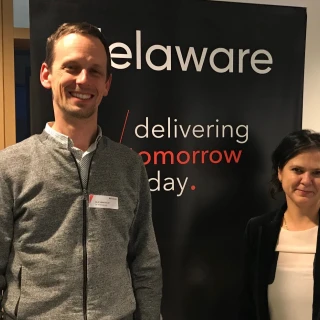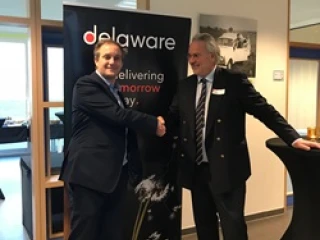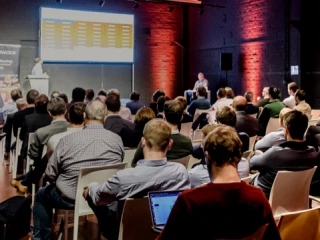
DEL20, the ecosystem that gives innovation a fighting chance
- finance
- operations
- engineering & projects
- artificial intelligence & RPA
In times of digital transformation, when disruptive newcomers reshape industries – from banking through tourism to media and car manufacturing – every business (or political) leader will agree that innovation is the key to success. Awareness of the need to transform and innovate is not the issue. The issue is about embedding innovation into your organization so that it generates business outcomes and makes a lasting difference. Current research estimates that up to 80% of innovation projects never see the light of day. They do not deliver anything to learn from, positive or negative.

/Topstory_3-Website-720x360-(1).webp?mode=autocrop&w=320&h=240&attachmenthistoryguid=572c7233-914b-4b03-85b7-906f02d89f90&v=&focusX=410&focusY=142&c=826bf5d8ea3dd957f67134e7b1fcf8d5fa46da81da7f30e7170ce65f76e88bb9)


/Topstory2-CIO-June2020-Website-720x360-(1).webp?mode=autocrop&w=320&h=240&attachmenthistoryguid=6eedca38-36ff-41eb-bb64-c823818fda2a&v=&focusX=438&focusY=197&c=5c8fe6dba53df930f9daa367db9b90180caddda5590fe3c13dbe04b2c787c173)